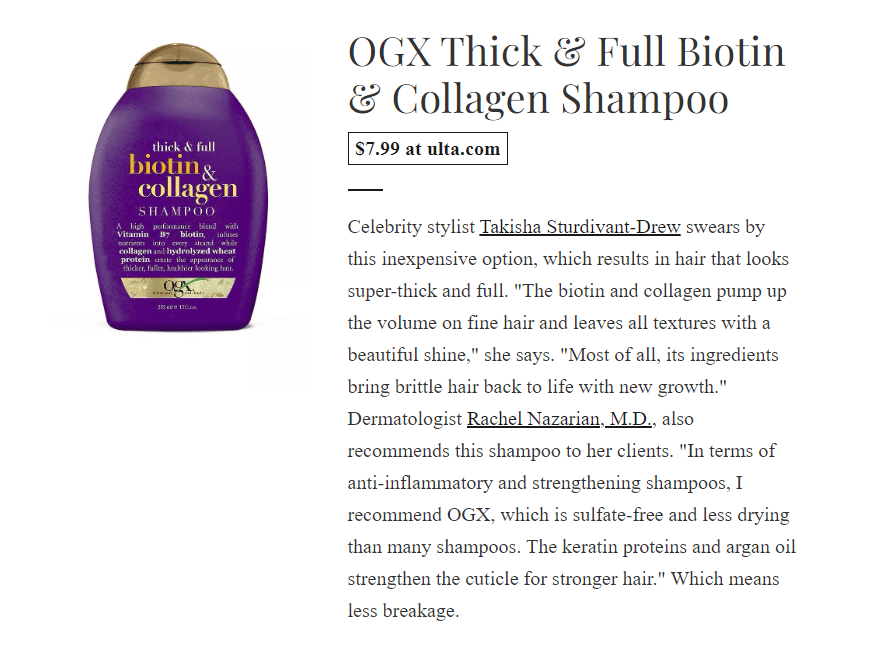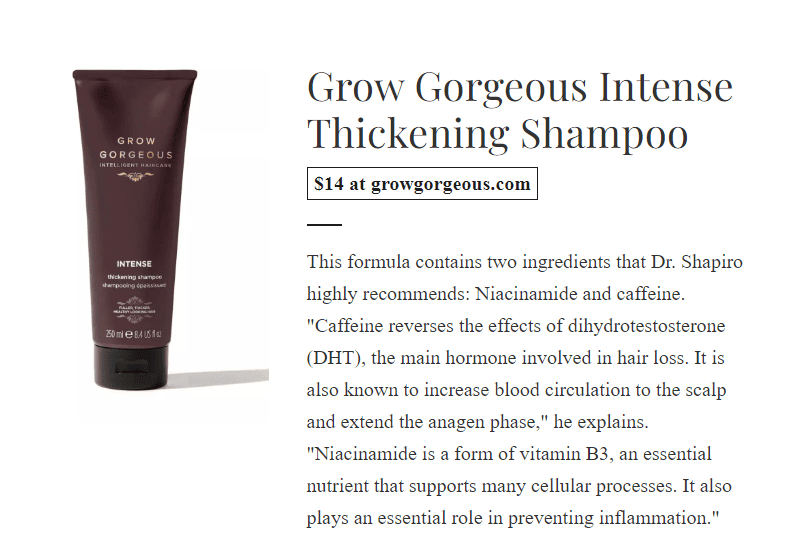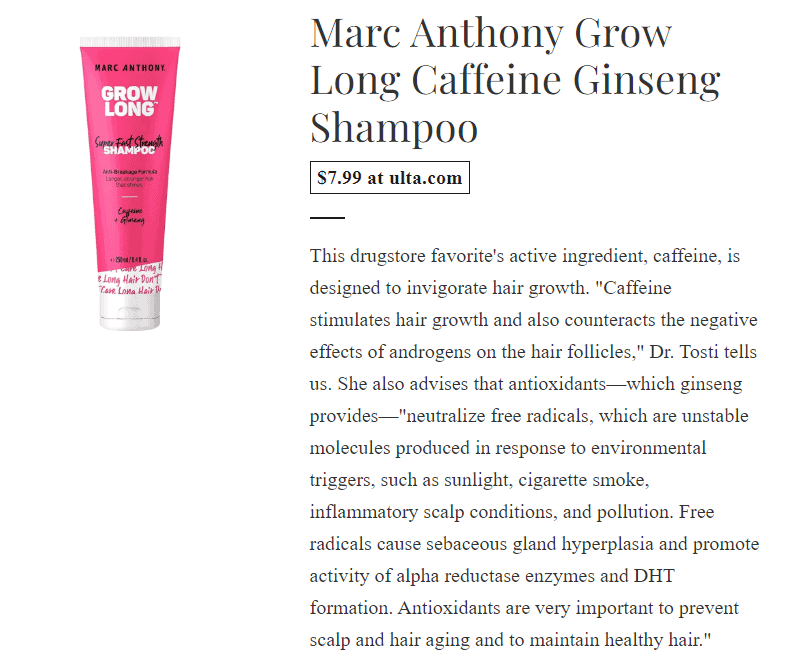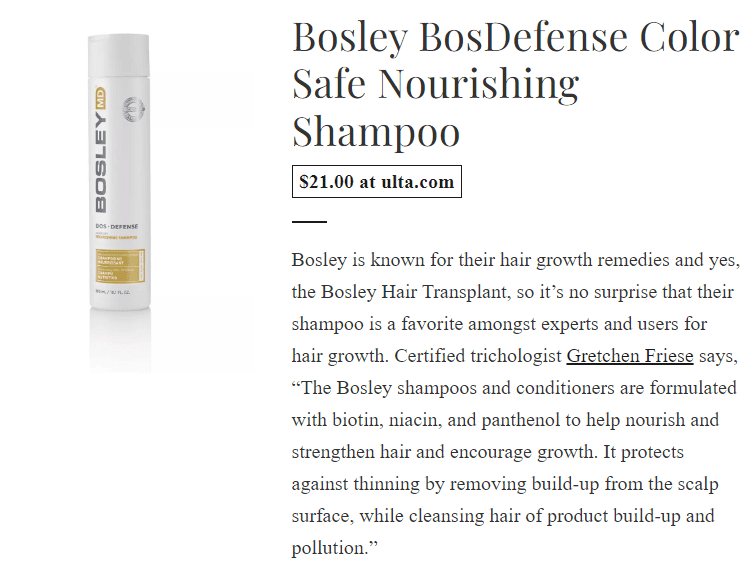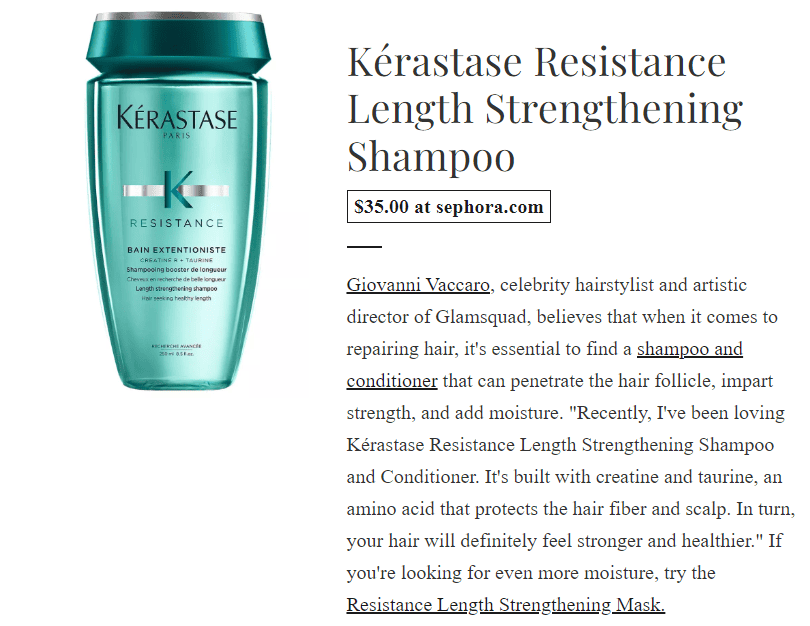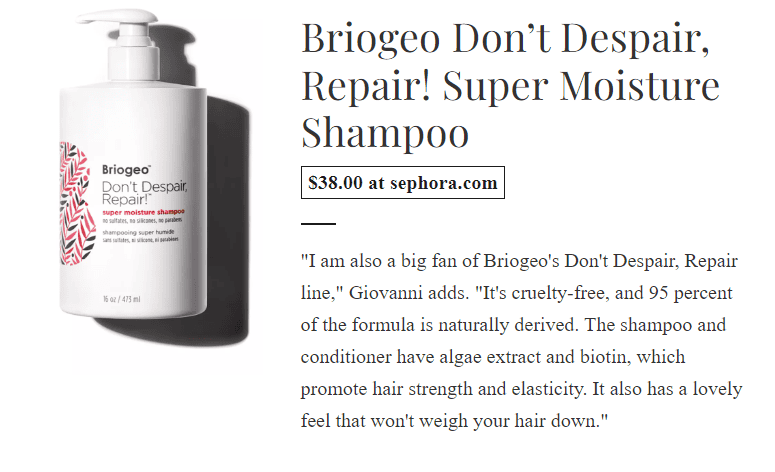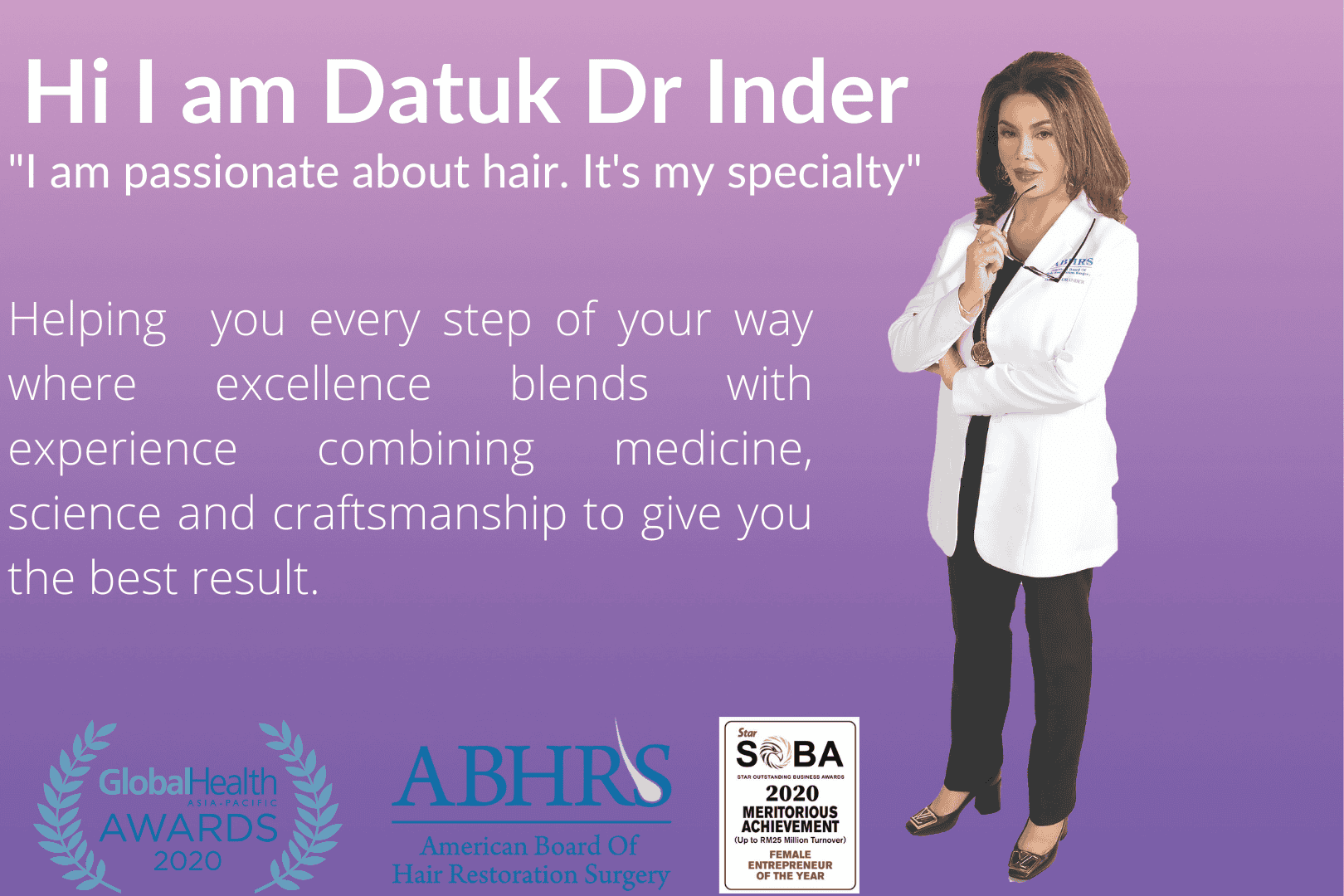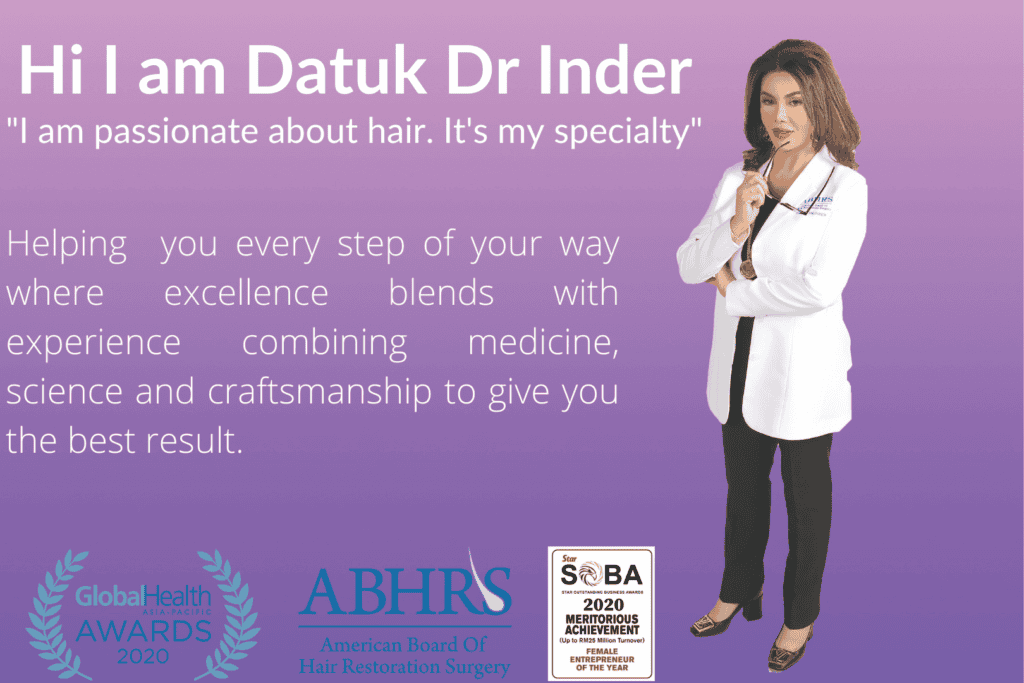Hair Care Products To Nourish Your Natural Crown
When it comes to shampooing one’s hair, the task might be difficult. What’s the link between the language on the bottle and the hair on your head when it comes to hair care? We’re experiencing the exact same issue. It’s like winning the hair lottery when you find the right one. It doesn’t have to be a mind game if you know what you want.
Finding out your scalp type is the first and most important phase in the entire procedure. Your scalp type may be determined by the following information. Scalp itching (with or without flakes) is one of the most common signs of dryness on the scalp (or simply by itself). In contrast, the flakes of a person with dandruff and an oily scalp may appear clumped together. Scalps with a combination of dry and oily skin are referred to as having a “combination” scalp. Your scalp is mixed if it becomes oily two to three days after shampooing rather than the day after.
Let us call you
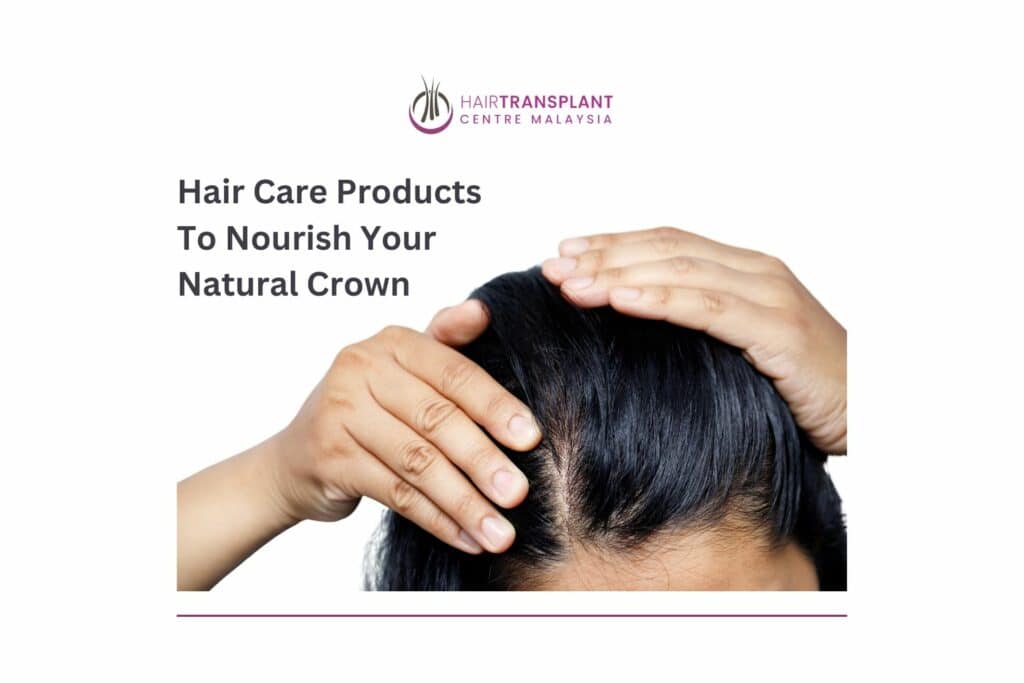
Hair Care Products: For Scalps That Are Slick With Sebum
When it comes to dealing with oily or greasy hair, you may have tried a number of various shampoos. Your attempts to minimize excess oil and sebum production have failed, and you’ve done everything from washing twice a day to allowing days between washes. Look for and avoid the following in a shampoo for an oily scalp:
- Shampoo that claims to be moisturizing or hydrating is a waste of money. Hair and scalp might get even more greasy if you use these products.
- Anyone who says a product may “increase volume, strength, and balance” should avoid it.
- Excess oil is best removed with non-moisturizing products, rather than moisturizing ones.
- The use of a clarifying shampoo on greasy hair and scalp can be lifesaving. You must, however, exercise caution when using the cream to avoid injury to your scalp.
- Try using two shampoos at the same time to see if it works. You can use two separate shampoos in a double shampoo to handle two different conditions, like twice cleansing your face. Apply one solution to your oily scalp, and then use a different one to wash your hair all the way to the roots with.
- Rinse your hair follicles thoroughly after shampooing to eliminate extra oil.
- After you’ve bathed, don’t rub your conditioner into your scalp. Instead, concentrate on the midshaft and ends of your hair. Rinse well to get rid of any remaining dirt.
Shampoos for Scalps That Are Dry
The first thing you should do if your scalp is affected by dryness, irritation, or flaking is pick the right shampoo.. A shampoo that doesn’t worsen dry scalp is needed. Consider attempting the following method:.
Keep away from products that claim to strengthen, fortify, and enhance hair. It’s possible that using these products can dehydrate your hair and scalp even worse.
When looking for shampoos for somewhat dry or sensitive scalps, look for labels that stimulate moisture, hydration, smoothing, or curls. If you suffer from a dry scalp, these products may be beneficial to you.
If you’re concerned about your hair and scalp drying out, steer clear of shampoos that include sulphates.
A dry scalp does not mean that you should avoid washing your hair properly.
Shampoos for Various Hair Types
- For fine hair, volumizing shampoos that don’t weigh it down are great.
- Hydrating or moisturising shampoos are those that provide shine, gloss, and smoothness to thick hair.
- Smoothing or straight hair shampoos sometimes contain extra moisturisers and smoothing chemicals to help seal the cuticle and provide a great start for straight and smooth styles.
- A balanced shampoo is an excellent all-around choice if you have curly or wavy hair. Despite their lack of moisture, your hair will not get extremely dry as a result of using them.
- Shampoos for curly hair should be moisturising but not weighing down the curls.
- In order to improve the condition of hair that has become weak or damaged as a result of over-processing, highlighting, colouring, perming, or other methods, strengthening or fortifying shampoos may be beneficial.
Hair Care Products: Shampoos for Various Hair Types
